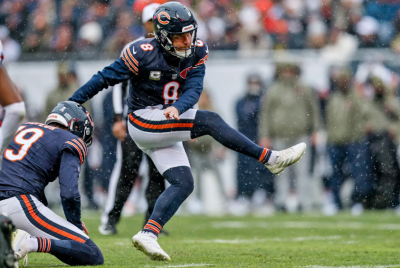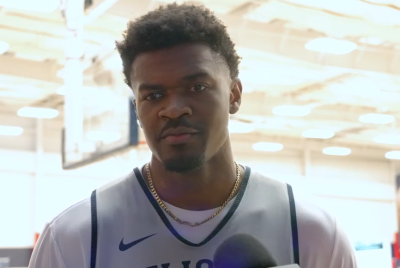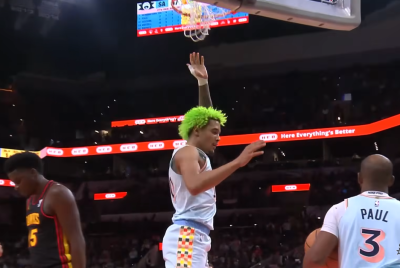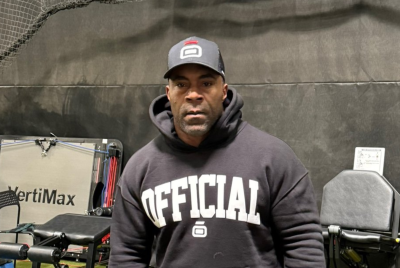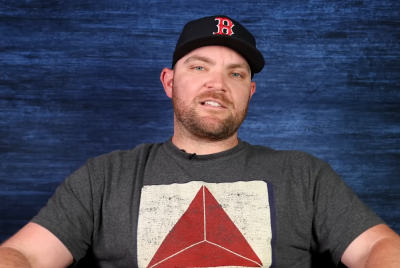LA Clippers Sale: Donald Sterling's Potential $2 Billion Windfall Rankles Critics

Update 5:30 p.m. EDT: Sterling is suing the NBA for more than $1 billion in damages for forcing him to sell the Clipper, NBC reported Friday afternoon.
The network cited "a source close to Sterling."
Ballmer negotiated the purchase with Sterling’s wife, Shelly. ESPN reported Thursday that she was granted the authority to sell the team after experts declared Donald mentally incapacitated.
The couple each owned half of the team through a trust.
Original story:
When NBA Commissioner Adam Silver decided to force Los Angeles Clippers owner Donald Sterling to sell his franchise in the wake of his racist comments, it seemed likely that the league would use the opportunity to bring in an African-American owner. (Currently, the Bobcats' Michael Jordan is the NBA's only African-American team owner.) Still, the news that Sterling’s wife would sell the franchise to former Microsoft CEO Steve Ballmer was largely welcomed -- even though one of the people Ballmer outbid was the revered former player Magic Johnson.
On Thursday night, Shelly Sterling, currently serving as the sole trustee of the Sterling Family Trust, announced that she had agreed to sell the coveted franchise to Ballmer, whose $2 billion bid to purchase the Clippers is the highest in NBA history.
"I love basketball,” Ballmer said in a statement, via ESPN. “And I intend to do everything in my power to ensure that the Clippers continue to win -- and win big -- in Los Angeles. L.A. is one of the world's great cities -- a city that embraces inclusiveness, in exactly the same way that the NBA and I embrace inclusiveness. I am confident that the Clippers will in the coming years become an even bigger part of the community."
Ballmer’s offer surpassed those of several other suitors, including bids from groups that included former NBA star Grant Hill, NBA Hall of Famer-turned-businessman Earvin “Magic” Johnson and media billionaire Oprah Winfrey. Despite his failure to purchase the franchise, Johnson was amongst the first to praise Ballmer.
“Steve Ballmer loves basketball, is smart... & he’ll probably shake every fans hand outside the arena on opening night!” Johnson wrote on Twitter. “Steve Ballmer owning the Clippers is a big win for the City of LA and all the people who live in the City of Angels!”
Several members of the Clippers roster also expressed their support for the decision. “I think it’s a great move for us,” four-time NBA All-Star Blake Griffin told the Los Angeles Times. “I think it’s putting the final piece to the puzzle together. It kind of allows everybody to go back to focusing on the real goal, and that’s putting 100 percent of everything into winning a championship for Los Angeles from our side.”
Griffin’s teammate Jared Dudley agreed. “I think it’s what everybody in the NBA wanted to happen, for the Clippers to be sold,” he said. “They wanted to get Sterling out and move forward and in the right direction.”
Indeed, any backlash against the Clippers sale seems to stem from disappointment that Sterling’s racist comments indirectly earned him $2 billion, rather than outrage that the franchise ended up in the hands of another white man. For example, Los Angeles City Council President Herb Wesson applauded the league’s decision to punish Sterling, but referred to his anticipated financial windfall as “kind of a downer.”
Former NBA star Morris Peterson wrote a similar reaction on Twitter. “[Sterling] can blow 2mil on a woman [V.Stiviano] but won’t pay 2.5 mil fine to NBA then he gets a 1,600 % payout. Seems like a slap in the face.”
The astronomical sale price suggests that the controversy caused by Sterling’s racist comments may have actually multiplied the value of his franchise. Before Thursday’s sale, Forbes placed the Clippers’ value at $550 million.
Still, sports journalist Bomani Jones notes that those who expected the forced sale to hurt Sterling financially are misguided.
“[People] are gonna stop looking to sports league to provide cosmic justice,” he wrote on Twitter. “All they can do is make the man sell. As it should be, btw.”
“Serious question: what sale price would make [people] think Sterling was ‘punished?’ Are people really thinking here? What did you want?” he added.
Sterling may walk away with billions of dollars. But his reputation is in shreds forever. And -- perhaps most important for players and fans -- the NBA did succeed in forcing him to walk away.
© Copyright IBTimes 2025. All rights reserved.



